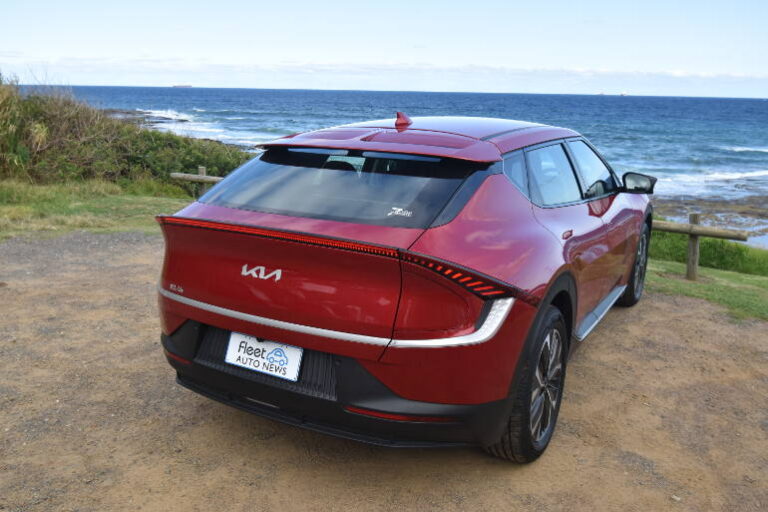The reports of strong electric vehicle demand for novated leases has been confirmed in the latest ASX results presentation from FleetPartners. In September 2023, 53% of all novated lease orders were for EVs (and 47% of Q4 2023 novated orders compared to 7% in Q4 2022).
The demand for electric vehicles is so strong that FleetPartners is employing additional novated lease consultants to meet the demand from employees that are eligible to salary packaging a car.
It’s all being driven by the Electric Car Discount which provides an exemption on FBT for electric vehicles under the Luxury Car Tax Limit for low emission vehicles (currently $89,332).
Amongst all the hype, and increased demand for electric cars, Fleet Partners stated that new car orders for ICE and hybrid vehicles has remained consistent which indicates new buyers are coming to the market; and more people are taking advantage of the savings that are available with salary packaging a car.
The other interesting figure from the results presentation is the average value of a novated lease car. It has increased from $49,000 in 2022 to $61,000 in 2023. This figure covers all vehicles so it could be accounting for higher prices, however probably reflects the increase in EV which cost more.
FleetPartners do make a point to their investors that there’s zero residual risk with a novated lease. This is because financiers would be concerned if they had an emerging portfolio of electric cars where they had taken a punt on their future value without any historical used car sales data to support the position.
On the Corporate side of the business, FleetPartners mentioned that the introduction of sustainability reporting standards is forcing customers to refocus their efforts on reducing fleet emissions and to develop detailed decarbonisation plans.
They highlighted several barriers to EV adoption for corporate fleets in Australia which are:
- Higher Whole of Life Costs (WOLC) for EVs compared to ICE vehicles.
- A lack of Fit-for-Purpose vehicle options (i.e. no dual cab utes).
- A lack of employee acceptance/enthusiasm of electric vehicles.
- The amount of work required to plan and implement an effective EV charging strategy.






